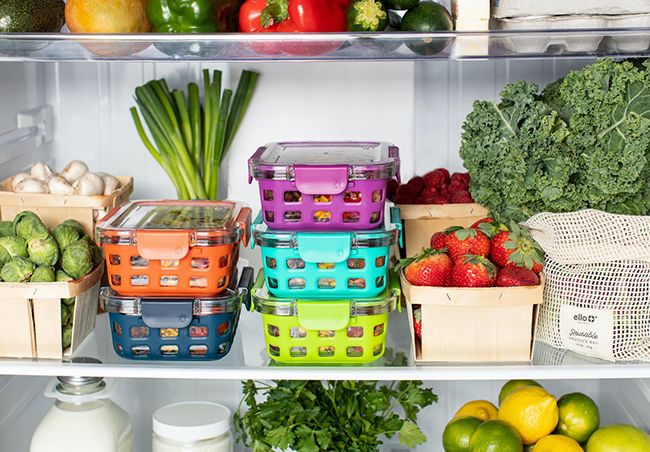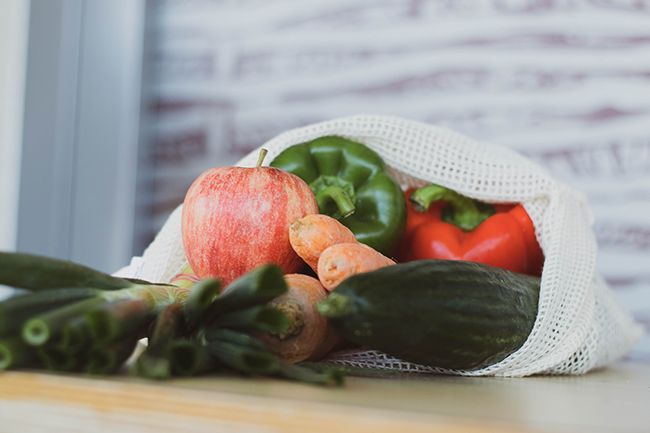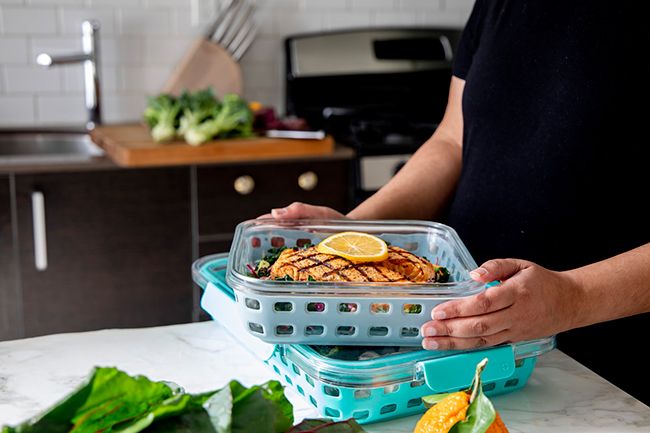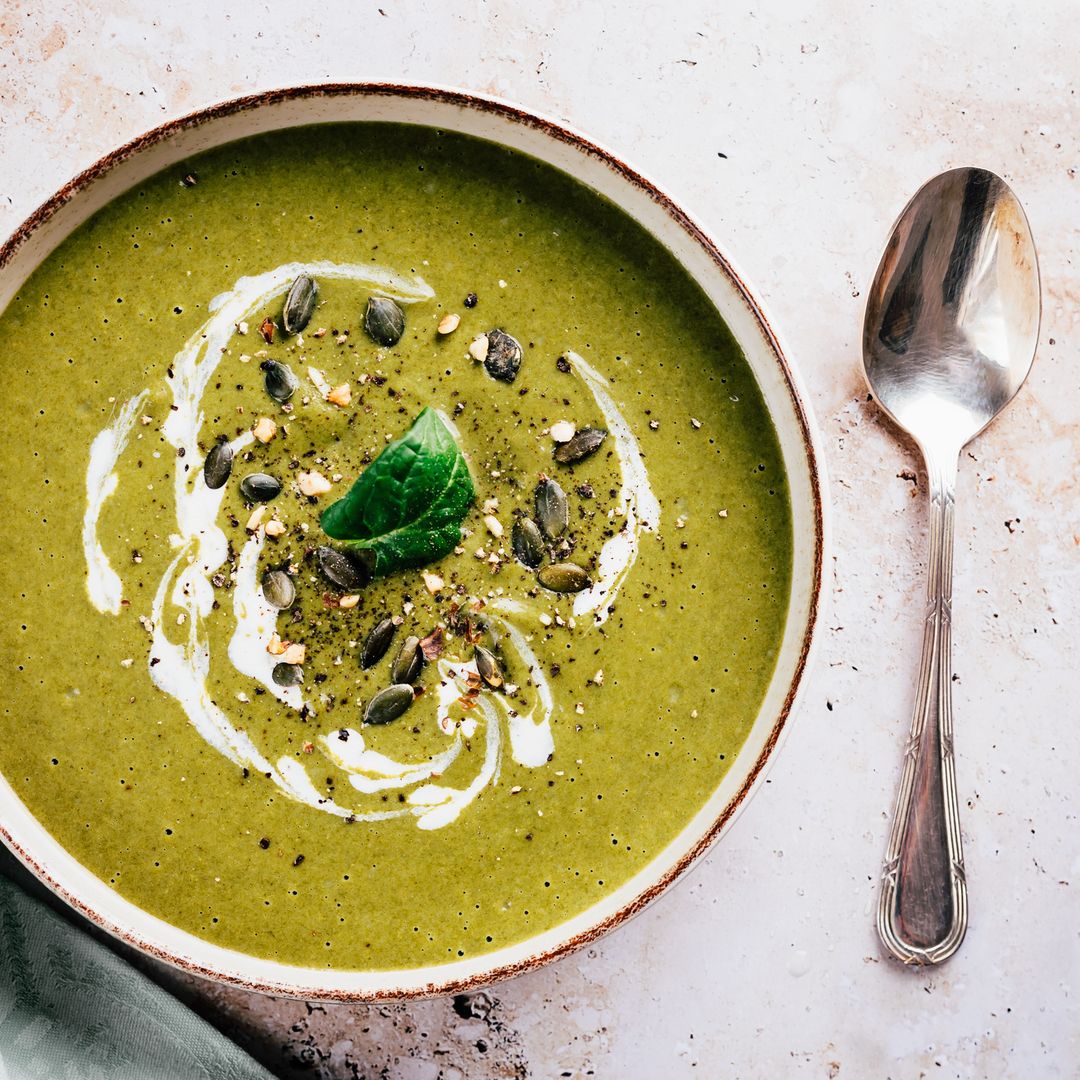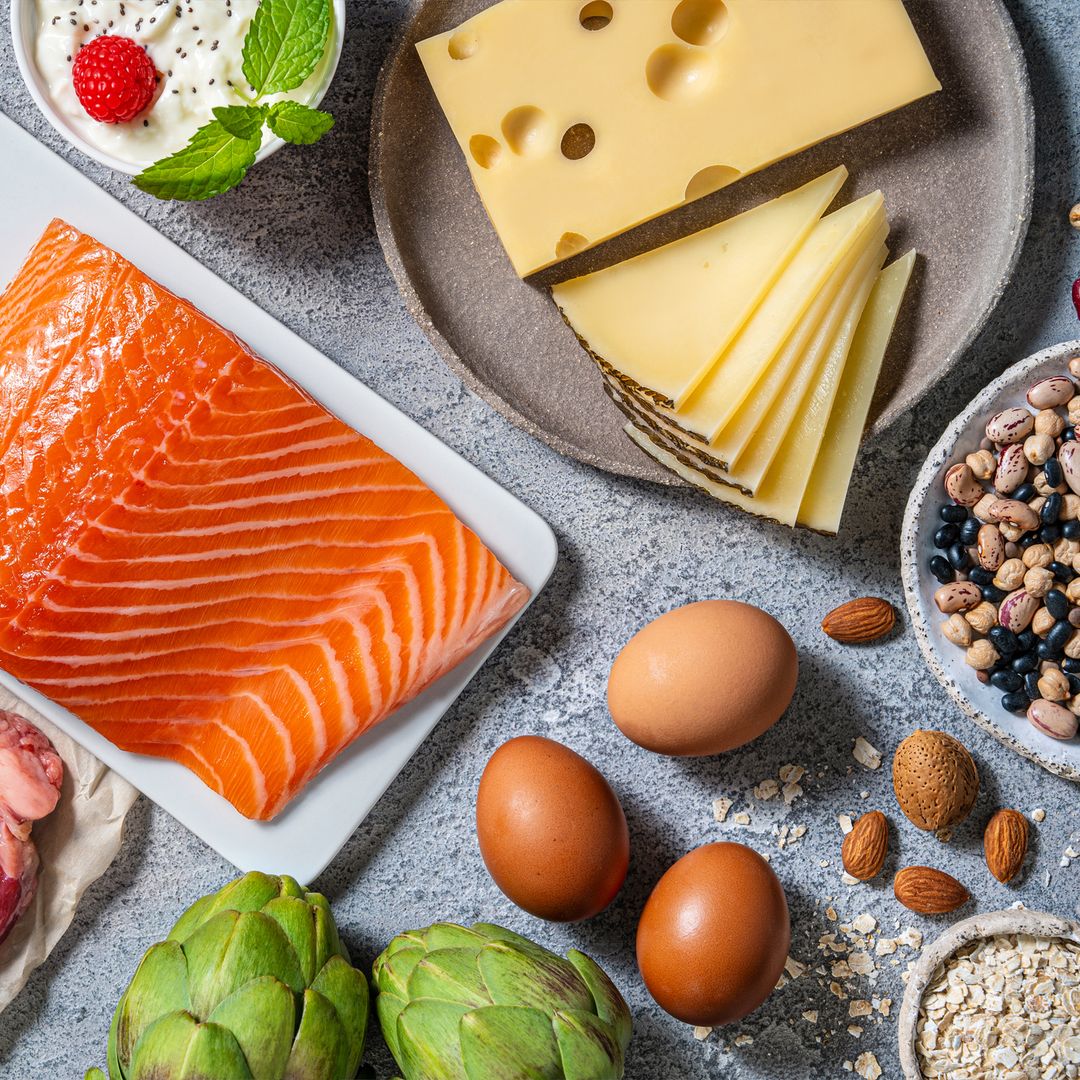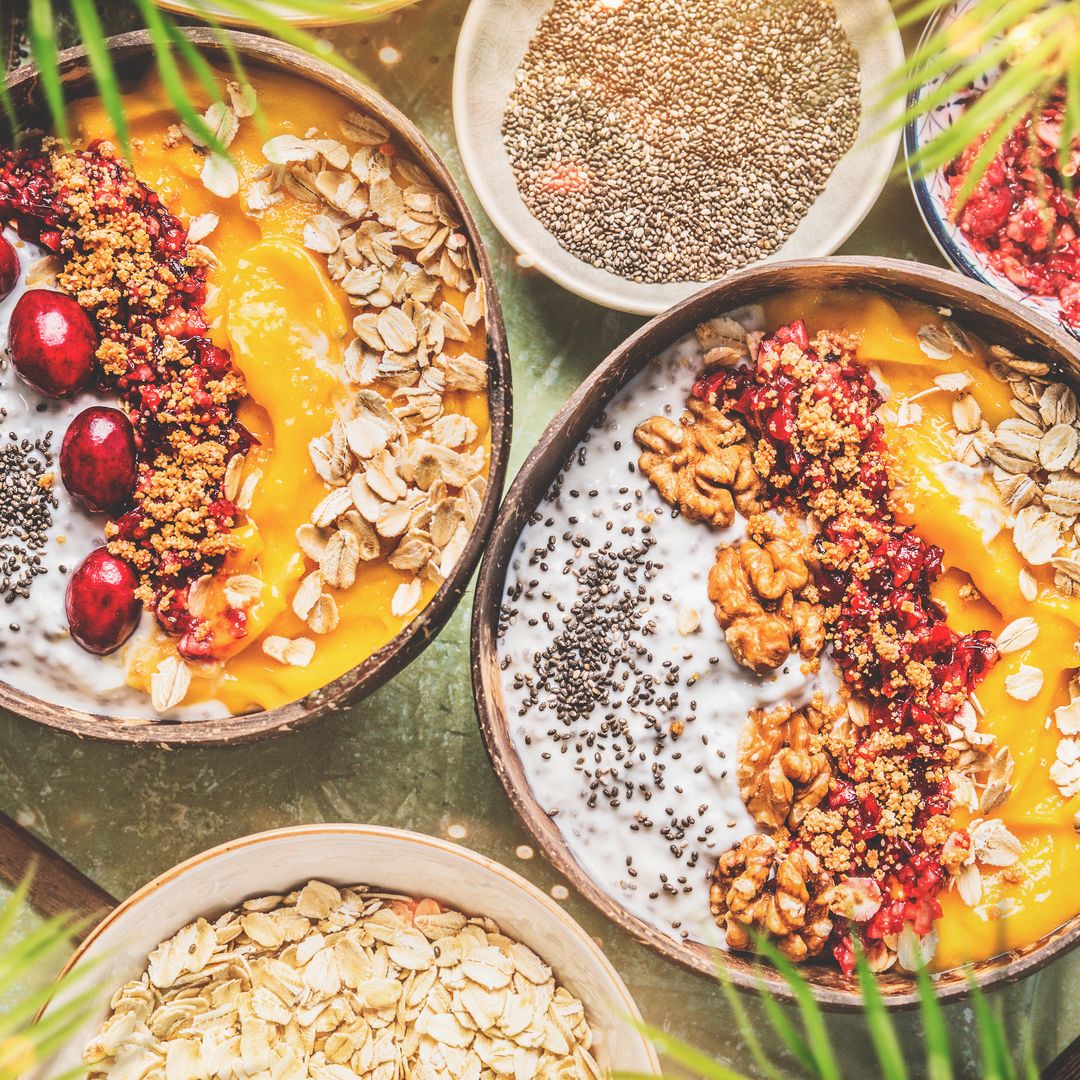Since the pandemic started, we've all spent a LOT of time in our kitchens.
You know the drill… you get in from the supermarket, hands heavily sanitised and now breathing freely after wearing your mask. You may or may not wipe down the shopping (won't miss this) and start packing it all away.
When it comes to organising your food and drinks in the fridge, do you have a system – and is it correct? A well-organised fridge prevents food poisoning and helps stop food wastage.
Tap Warehouse have put together a guide to how to correctly organise your fridge. See if your system is right below…
MORE: Joe Wicks' roasted vegetable soup recipe is our kind of lunch!
WATCH: This TikTok wrap hack went viral
Raw meat, fish and poultry
It’s important raw meat, fish, and poultry are stored on the bottom shelf of your fridge to stop them from dripping onto other foods and contaminating them.
Shockingly, Tap Warehouse’s research revealed that a staggering 40% of Brits do not store their raw meat, poultry, and fish on this shelf.
MORE: 22 of the best kitchen gadgets that will revolutionise the way you cook
Louise Roberts, Director of Food Safety Company, Alimenti, says by not storing raw meat on the bottom shelf, "blood and other fluids which may contain high levels of pathogens could drip onto the ready to eat food and contaminate the food with pathogens."
She adds: "If consumed without any further treatment, such as cooking, the ready-to-eat food may cause illness."
MORE: 54 best meal delivery services in the UK: Mindful Chef, Gousto & more
Fruit and vegetables
Fruit and vegetables that need to be refrigerated should be stored in the bottom drawer of your fridge where they are enclosed.
Keep these in their original packaging to further prevent any contamination. Storing fruit and vegetables in this drawer will also stop moisture from escaping.
A worrying 12% of people admitted to storing their raw animal protein in the fruit and veg drawer. This could mean Brits are contaminating their fresh produce with raw meat juice. Eek!
Ready-to-eat food
This includes dairy products, ready meals and leftovers.
Ready-to-eat foods should be kept on the middle and top shelves to prevent any drippage from raw foods contaminating them. These should all be covered or kept in sealed containers to prevent contamination.
Leftovers should be cooled as quickly as possible, ideally within two hours before placing them in the fridge and they should be used within two days of refrigerating.
An alarming 12% of Brits confessed to storing their raw meats on the middle shelf.
Fridge maintenance tips
According to the NHS, our fridge temperature should be kept at 5C or below.
Don’t forget to clean and inspect your fridge regularly to ensure it remains hygienic and in good working order.
MORE: Marks & Spencer's mouth-watering 2021 Easter eggs send shoppers wild


